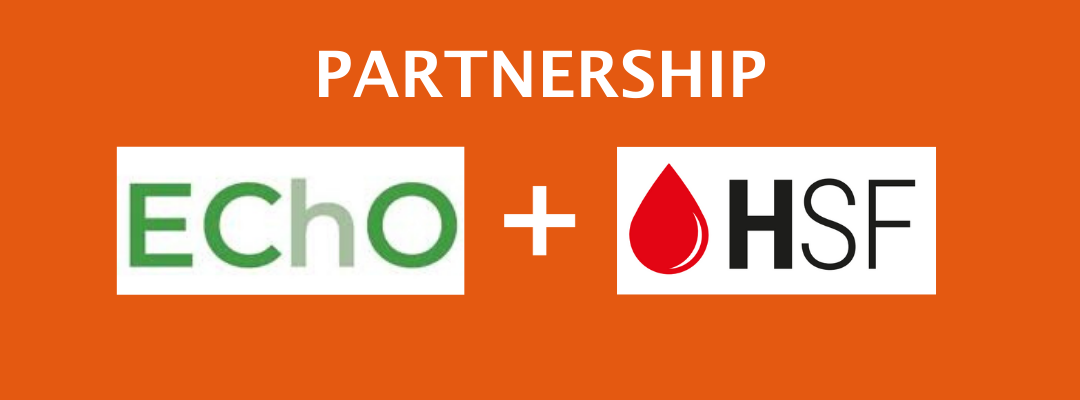
EChO / HSF Public Health Partnership
FOR IMMEDIATE RELEASE – March 31, 2020
Two nonprofit organizations, the EChO – Eradicate Childhood Obesity Foundation (EChO), and the Hypoglycemia Support Foundation (HSF), have joined in partnership to offer a most comprehensive list of sugars called the “Added Sugar Repository.” Developed by the EChO team as a service to the public health field, the added sugar list is important because these sugars are the leading marker for unhealthy processed foods and they are present in 75% of the foods and beverages consumed in the United States.
The Added Sugar Repository (ASR) extends beyond the information provided by the FDA and includes identified names and specific examples of U.S. food products for each added sugar. The ASR currently includes 262 names for sugar used in processed foods and beverages.
The average American currently consumes 17 teaspoons (71 grams) every day. That translates into about 57 pounds of added sugar consumed each year, per person. The World Health Organization has made consistent recommendations on limiting daily sugar intake. Likewise, the American Heart Association (AHA) recommends no more than 6 teaspoons (25 grams) of added sugar per day for women and 9 teaspoons (38 grams) for men. The AHA limits for children vary depending on their age and caloric needs, but range between 3 and 6 teaspoons (12 to 25 grams) per day.
For many years, added sugars were not listed on food labels causing a significant gap in knowledge in the general public. With the new FDA rule requiring added sugar to be listed on nutrition labels, we have a new opportunity to see what is really in our food. However, the food industry has already found loopholes that allow them to obfuscate or hide sugar content. The ASR helps the consumer understand the proliferating range of complicated and confusing terms being used for sugar, and informs consumers so they can make conscious food choices when shopping or eating out. Since the food industry actively develops new names for added sugar, consumers are encouraged to report new names not currently on the list and to join with a growing list of volunteers who support the Sugar Matrix project.
Since 2015, EChO has developed technology, mobile applications such as Sugar Poke, Sugar Mon, Sugar Mon Fight and projects that use science and open knowledge, storytelling, and awareness-building campaigns that work toward changing the narrative in impactful ways that engage, enlighten, and transform health. EChO also created original recipes that are simple, quick, healthy and more affordable than fast food from national chains. They offer no-added-sugar alternatives to processed foods that traditionally contain large amounts of hidden sugars. The EChO recipes provide ideas on how to feed a family of 4 for under $10.
EChO is closing, effective March 31, 2020, and is transfering key educational assets to the HSF.
Wolfram Alderson, CEO of the HSF, acknowledged the contributions of EChO to the public health field: “We applaud EChO’s mission and approach to ending childhood obesity – a growing issue in the U.S. and globally. Education is important in all communities, especially where resources to make healthy eating choices are scarce. All too often, vulnerable children and communities are targets for deceptive marketing by the processed food industry. EChO’s interventions have fostered awareness, knowledge and action, and we are honored to continue the impactful educational programs they have initiated. The HSF has partnered with EChO to help expose the devious ways the food industry hides the many confusing and covert names for added sugar. EChO has shared our passion to make the food system more transparent, and to educate consumers with actionable intelligence. We are honored to carry forward their vital work”
Laurent Adamowicz, Founder of EChO said: “I thank from the bottom of my heart our team members, volunteers, and Board Directors, who since 2015 have contributed to drawing awareness to what constitutes healthy nutrition. We have served thousands of families and individuals by offering practical solutions to avoid added sugar in their diet and improve their well-being. Today, we are thrilled to partner with the Hypoglycemia Support Foundation to take over our assets including the Added Sugar Repository, the mobile applications Sugar Poke, Sugar Mon, and Sugar Mon Fight designed for children, and the EChO healthy affordable recipes. HSF is an organization that can successfully use these tools for the purpose we designed – to support the children, families, and communities we served in leading healthier and happier lives.”
For more information, contact
Wolfram Alderson
wolfram@hypoglycemia.org
Added Sugar Repository link:
https://hypoglycemia.org/added-sugar-repository
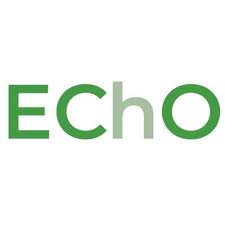
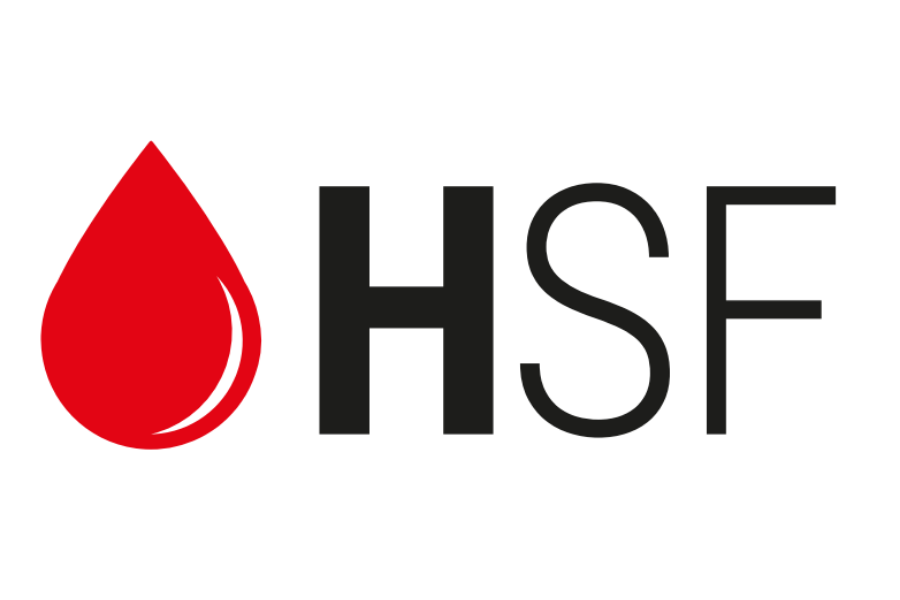

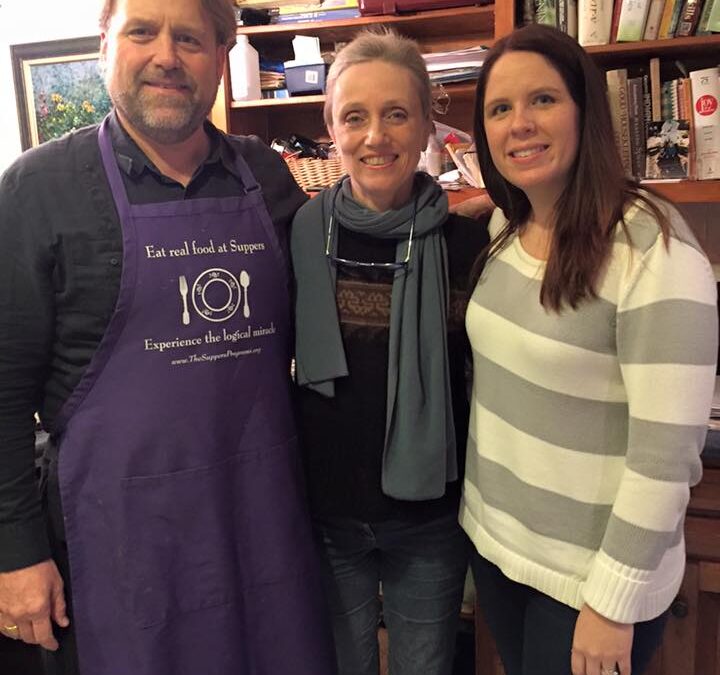
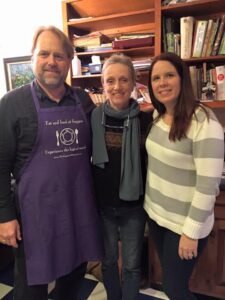
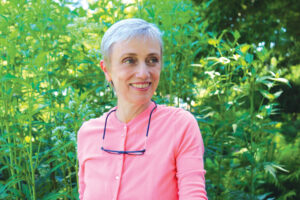
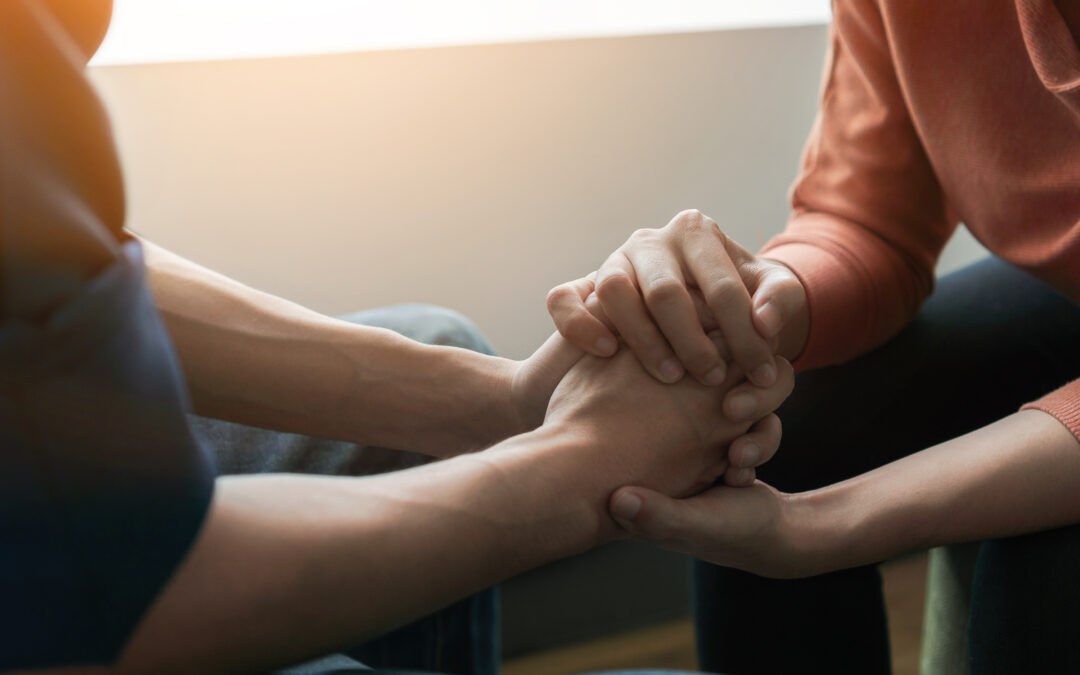
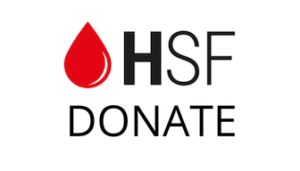
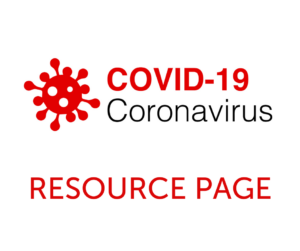
Recent Comments